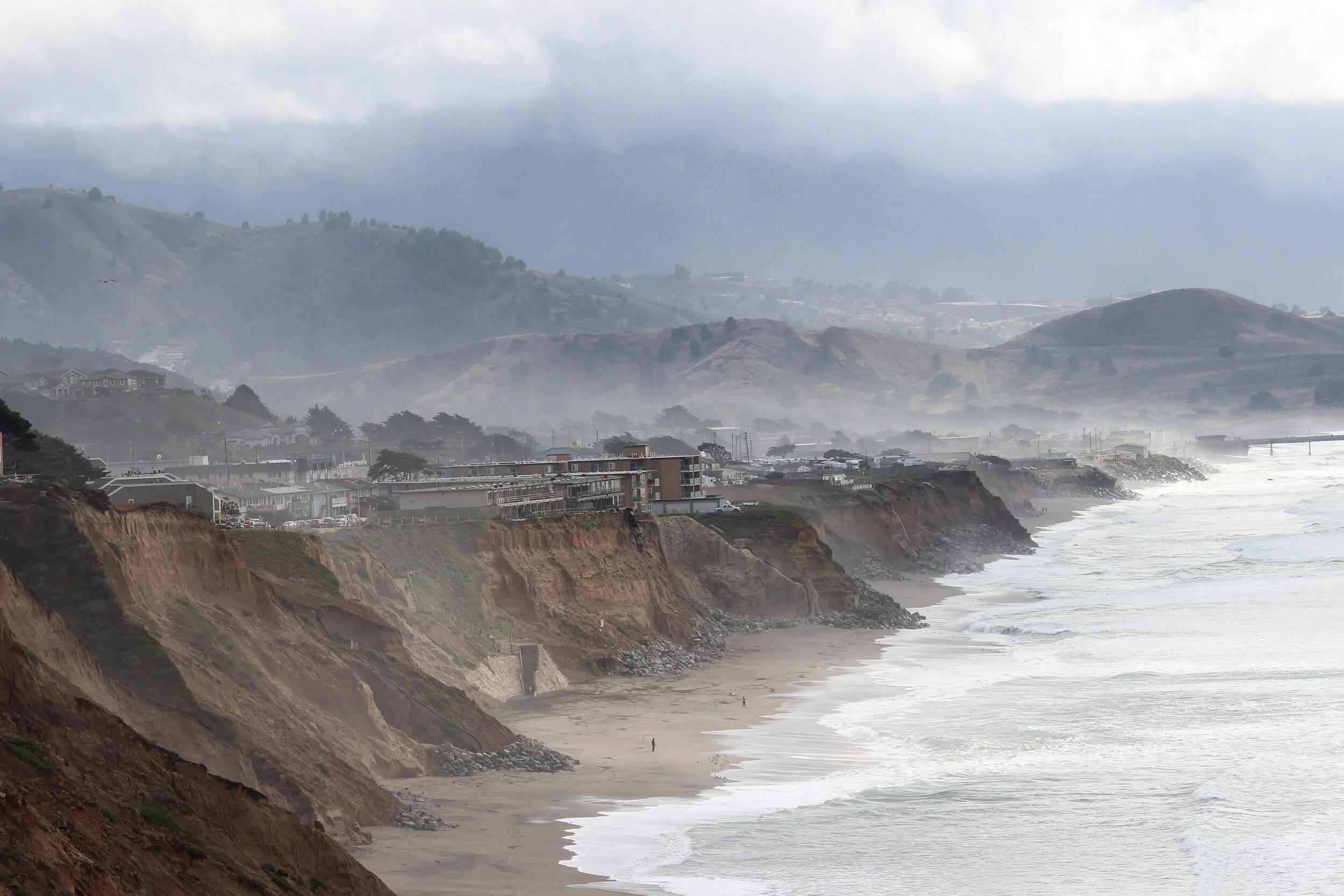
Trauma Therapy
Undo the negative effects on our lives: mind, body, and soul.
Traumatic experiences are powerful in that they overwhelm our ability to cope or later integrate what happened into our larger understanding of ourselves. Often we can become stuck —unable to move through or move on from what happened. This can have a profound impact on our identity, ideas & emotions.
The Triad of Traumatic Stress
We often see the symptoms of trauma expressed as anxiety and fear, as we develop some predictable beliefs about ourselves, other people, and the world we live in. Traumatic events ingrain themselves in the brain and perpetuate feelings of not being safe, worthy, or good enough.
“The world is unsafe”
When we’ve been exposed to a traumatic event, the world becomes a much more fearful place, unpredictable, and full of the possibilities of danger. For those in the LGBTQ+ community, who never had the luxury of believing that the world was safe for them, a traumatic event (whether it happened to them or to others in the community like the shooting at the Pulse Nightclub in Orlando) only confirms their belief, and reinforces behaviors that keep them limited.
Trauma reminds us that we are only tiny pieces in a vast, uncontrollable universe.
“I can’t trust others”
After trauma, especially when it is of an interpersonal nature, it makes sense that we desire to close ourselves off from others, in our attempt to protect ourselves from future hurt and pain. When we see the world as a chaotic and dangerous place, it’s difficult not to view others as more than agents of that chaos.
This belief is particularly damaging to the healing process, as to heal it requires that we seek a level of vulnerability in community and connection with others. Nowhere is this more needed than in the queer community.
“I can’t trust myself”
Despite knowing logically that there was absolutely nothing we could have done to prevent the trauma we experienced, that does not stop us from blaming ourselves. Often we feel that we could have been better prepared or should have expected what happened. We sometimes use this to fuel our attempts at future preparedness but more frequently, it incites our incredibly shaming self-narrative. This is especially true when we believe that our identity as a gay or trans person allowed us to become the target of others’ hate or violence.

Many LGBTQ+ individuals experience more than one hate crime in their life…
…and more often than not, they experience many. The world continues to be an unsafe place for those in the LGBTQ+ community, not just the posing threat of discrimination, but also overt acts of violence fueled by homophobia or transphobia.
Therapy For Trauma in the LGBTQ+ community
Through nurturing healthy relationships (starting with the therapeutic relationship), attending to basic physical needs, as well as the physical stores of trauma within the body, people have a greater opportunity to heal from their overwhelming experiences.